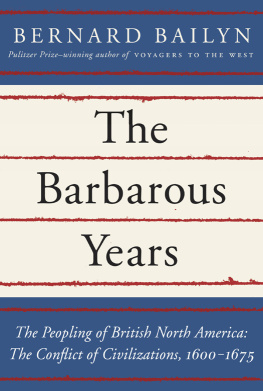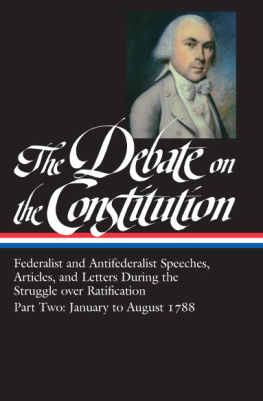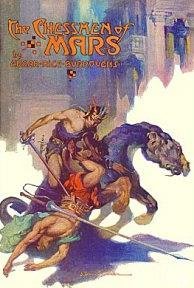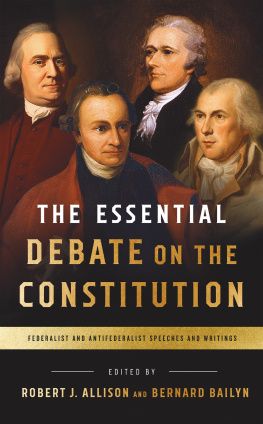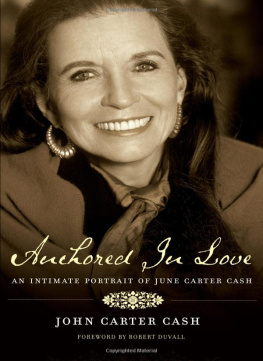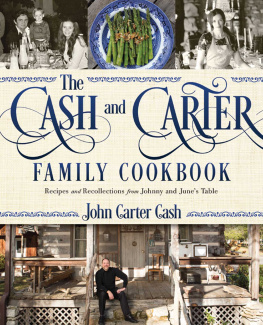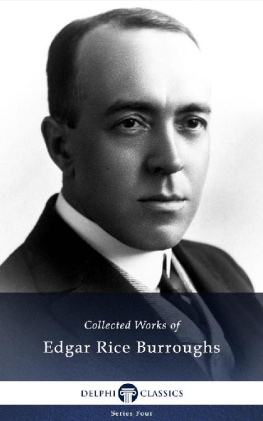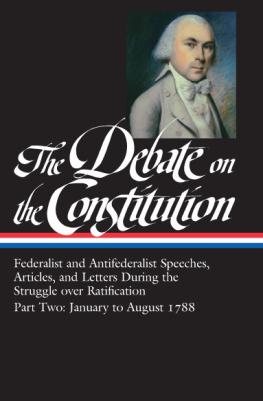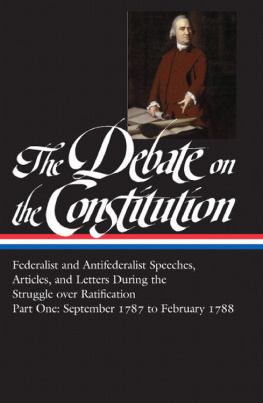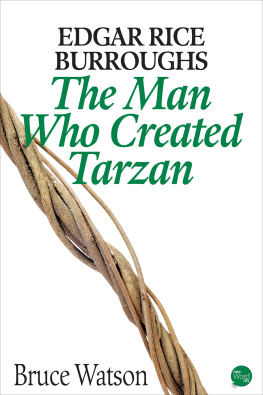
THE DEBATE ON THE CONSTITUTION
Federalist and Antifederalist Speeches, Articles, and Letters During the Struggle over Ratification
PART ONE
_______________
DEBATES IN THE PRESS AND IN PRIVATE CORRESPONDENCE
September 17, 1787January 12, 1788
DEBATES IN THE STATE RATIFYING CONVENTIONS
Pennsylvania, November 20December 15, 1787
Connecticut, January 39, 1788
Massachusetts, January 9February 7, 1788
_______________
Bernard Bailyn, editor

THE LIBRARY OF AMERICA
Volume compilation, notes, and chronology copyright 1993 by
Literary Classics of the United States, Inc., New York, N.Y.
All rights reserved.
No part of this book may be reproduced commercially
by offset-lithographic or equivalent copying devices without
the permission of the publisher.
Some of the material in this volume is
copyright 1981, 1983, 1984, 1988, 1990 by the State
Historical Society of Wisconsin; copyright 1977 by
The University of Chicago; copyright 1955 by
Princeton University Press. Reprinted by permission.
For acknowledgments, see Note on the Texts.
THE LIBRARY OF AMERICA, a nonprofit publisher, is dedicated to publishing, and keeping in print, authoritative editions of Americas best and most significant writing. Each year the Library adds new volumes to its collection of essential works by Americas foremost novelists, poets, essayists, journalists, and statesmen.
If you would like to request a free catalog and find out more about The Library of America, please visit with your name and address. Include your e-mail address if you would like to receive our occasional newsletter with items of interest to readers of classic American literature and exclusive interviews with Library of America authors and editors (we will never share your e-mail address).
Print ISBN: 978-1-59853-165-7
eISBN 978-1-59853-201-2
The publishers wish to thank
The Lynde and Harry Bradley Foundation
for funding the publication of The Debate on the Constitution.
The publishers also express their appreciation to
John P. Kaminski and Gaspare J. Saladino, editors of
The Documentary History of the Ratification of the Constitution,
and the State Historical Society of Wisconsin, the publisher,
for editorial assistance, the use of archival materials, and
permission to reprint extensive excerpts.
DEBATES IN THE PRESS AND IN PRIVATE CORRESPONDENCE
September 17, 1787January 12, 1788
I AGREE TO THIS CONSTITUTION, WITH ALL ITS FAULTS
Benjamin Franklins Speech at the Conclusion of the Constitutional Convention
Philadelphia, September 17, 1787
I confess that I do not entirely approve of this Constitution at present, but Sir, I am not sure I shall never approve it: For having lived long, I have experienced many Instances of being obligd, by better Information or fuller Consideration, to change Opinions even on important Subjects, which I once thought right, but found to be otherwise. It is therefore that the older I grow the more apt I am to doubt my own Judgment and to pay more Respect to the Judgment of others. Most Men indeed as well as most Sects in Religion, think themselves in Possession of all Truth, and that wherever others differ from them it is so far Error. Steele, a Protestant, in a Dedication tells the Pope, that the only Difference between our two Churches in their Opinions of the Certainty of their Doctrine, is, the Romish Church is infallible, and the Church of England is never in the Wrong. But tho many private Persons think almost as highly of their own Infallibility, as that of their Sect, few express it so naturally as a certain French lady, who in a little Dispute with her Sister, said, I dont know how it happens, Sister, but I meet with no body but myself thats always in the right. II ny a que moi qui a toujours raison.
In these Sentiments, Sir, I agree to this Constitution, with all its Faults, if they are such: because I think a General Government necessary for us, and there is no Form of Government but what may be a Blessing to the People if well administred; and I believe farther that this is likely to be well administred for a Course of Years, and can only end in Despotism as other Forms have done before it, when the People shall become so corrupted as to need Despotic Government, being incapable of any other. I doubt too whether any other Convention we can obtain, may be able to make a better Constitution: For when you assemble a Number of Men to have the Advantage of their joint Wisdom, you inevitably assemble with those Men all their Prejudices, their Passions, their Errors of Opinion, their local Interests, and their selfish Views. From such an Assembly can a perfect Production be expected? It therefore astonishes me, Sir, to find this System approaching so near to Perfection as it does; and I think it will astonish our Enemies, who are waiting with Confidence to hear that our Councils are confounded, like those of the Builders of Babel, and that our States are on the Point of Separation, only to meet hereafter for the Purpose of cutting one anothers Throats. Thus I consent, Sir, to this Constitution because I expect no better, and because I am not sure that it is not the best. The Opinions I have had of its Errors, I sacrifice to the Public Good. I have never whisperd a Syllable of them abroad. Within these Walls they were born, & here they shall die. If every one of us in returning to our Constituents were to report the Objections he has had to it, and endeavour to gain Partizans in support of them, we might prevent its being generally received, and thereby lose all the salutary Effects & great Advantages resulting naturally in our favour among foreign Nations, as well as among ourselves, from our real or apparent Unanimity. Much of the Strength and Efficiency of any Government, in procuring & securing Happiness to the People depends on Opinion, on the general Opinion of the Goodness of that Government as well as of the Wisdom & Integrity of its Governors. I hope therefore that for our own Sakes, as a Part of the People, and for the Sake of our Posterity, we shall act heartily & unanimously in recommending this Constitution, wherever our Influence may extend, and turn our future Thoughts and Endeavours to the Means of having it well administred.
On the whole, Sir, I cannot help expressing a Wish, that every Member of the Convention, who may still have Objections to it, would with me on this Occasion doubt a little of his own Infallibility, and to make manifest our Unanimity, put his Name to this Instrument.
Then the Motion was made for adding the last Formula, viz Done in Convention by the unanimous Consent &cwhich was agreed to and addedaccordingly.
NO WONDER HE SHED A TEAR
Z Replies to Franklins Speech
Independent Chronicle (Boston), December 6, 1787
Messrs. ADAMS & NOURSE, When I read Dr. FRANKLINS address to the President of the late Convention, in the last Mondays Gazette, I was at a loss to judge, till I was informed by mere accident, from which of the contending parties it went to the press. I confess, says the Doctor, (and observe the Printers tell us it was immediately before his signing) I confess that I do not entirely approve of this Constitution at present. Surely, I thought, no zealous federalist, in his right mind, would have exposed his cause so much as to publish to the world that this great philosopher
Next page

